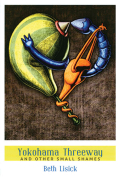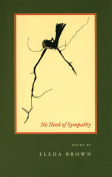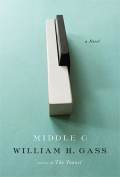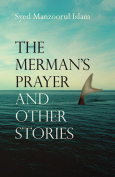No Need of Sympathy by Fleda Brown
Rochester, New York. BOA Editions. 2013. ISBN 9781938160189
 The title of Fleda Brown’s new verse collection comes from Robert Creeley’s statement (included in the book as an epigraph) that “poetry stands in no need of any sympathy, or even goodwill.” This observation about the art’s self-justifying activity and existence leads nicely in the first few pages to one of the book’s best poems, “The Purpose of Poetry,” in which Brown positions the art in relation to contemporary American culture. What follows is not easily described, mainly because of a movement of mind that must be experienced. Reading a poem by Brown is a lesson in how to read one’s life, how each small thing, each seemingly casual detail, is in fact connected to perceptions and understandings of profound significance that we can all divine if only we calm our vision enough to fully experience the perishing present. Her verses do not paraphrase, do not “boil down,” precisely because of their fullness of connection and capaciousness of metaphor.
The title of Fleda Brown’s new verse collection comes from Robert Creeley’s statement (included in the book as an epigraph) that “poetry stands in no need of any sympathy, or even goodwill.” This observation about the art’s self-justifying activity and existence leads nicely in the first few pages to one of the book’s best poems, “The Purpose of Poetry,” in which Brown positions the art in relation to contemporary American culture. What follows is not easily described, mainly because of a movement of mind that must be experienced. Reading a poem by Brown is a lesson in how to read one’s life, how each small thing, each seemingly casual detail, is in fact connected to perceptions and understandings of profound significance that we can all divine if only we calm our vision enough to fully experience the perishing present. Her verses do not paraphrase, do not “boil down,” precisely because of their fullness of connection and capaciousness of metaphor.
The poems are marked by a naturalness of voice without pretension that keeps a balance among opposites such as levity/gravity, micro/macro, informal/formal, and generosity/restraint, and one clearly senses the influence of Buddhist meditation on this poet both in terms of poise and in terms of a vision of the interconnectedness of all things. Sometimes the poems consciously observe the importance of this positioning of the mind, for example: “All of our mini-contusions // are gathering like seeds within a cloud of unknowing. / Under the circumstances, what to do but wing // along, try to hold the mind respectfully between / explanations like a rudder?” In a poem about a grandmother watching her granddaughter ride a bicycle, we read: “She had something to warn about love, hesitates to say, / afraid to disturb the balance the wheels require.”
Still, there is more: a love of life mixed with a keen sense of its brevity, a scintillating appreciation that simultaneously sees the skull grinning at the banquet, the fly crawling among the perfect flowers. There is caution about seeking to escape these terms through the idea of God. In one contemplation of a past time with loved ones now gone, when the speaker’s early notions of God led her to look upward, away from the present, she considers how the word God “can carry you / dangerously up like a balloon over what you’d / give anything to be in the middle of, now.”
This poetry justifies itself. Time and again, the weave of sight and insight gathers into luminous statements that have a poetic authority, which we recognize immediately as if they are to-be famous quotations we are experiencing for the first time. As readers we might find ourselves not unlike the speaker in “Venus de Milo,” looking with her grandson at the full moon: “we step / into the dark and enter beauty, where there never was a foothold. // I might have told him that, but just then we were looking at the moon.”
Fred Dings
University of South Carolina



























